Excellent thread, Billy. Lovely stuff.
Music hall and variety Page 2
Thank you. I found that I am contributing to fewer and fewer threads because they are concerned with recent programmes that are not on my radar so I thought perhaps the way forward was to create a thread of my own. Even if I'm the only one that reads it, it will keep me amused.
On reflection I realise that I should have titled the thread "Music Hall & Variety". Perhaps you could rectify that. It may avoid accusations of being off-topic with certain performers!
That was quick!
Quote: Billy Bunter @ 5th August 2023, 9:26 AMThat was quick!
That's why I'm single. 😕
If you thought "pussy" jokes started (and indeed ended) in the 1970s with Mrs Slocombe, here's Harry Roy's orchestra from 1931 (it's some 59 seconds before the vocals come in so bear with...):
Billy Bennett DCM MM ((21 November 1887 - 30 June 1942) was the son of John Bennett, one half of a musical slapstick act with his partner, Robert Martell.
He was renowned for his rubicund, unaesthetic appearance, a black plastered quiff, a big bushy moustache, a dreadful dinner-jacket with a well-used dickey and seedy collar, too-short trousers and hob-nailed boots and a red silk handkerchief tucked into his waistcoat:

Billy Bennett trained as an acrobat but was initially reluctant to follow his father on to the stage, instead enlisting into the army. He briefly left the army to become a comedian but soon re-enlisted at the start of World War I, where he enjoyed a distinguished career in the 16th Lancers and was awarded the Distinguished Conduct Medal, the Military Medal and the Belgian Croix de Guerre.
In 1919, he resumed his stage career specialising in dramatic recitations and monologues. Although here he explains that he's keeping that fact from his mother:
www.youtube.com/watch?v=uXuryOzzJwI
Bennett also had the role of commissionaire in Will Hay's 1934 comedy film Radio Parade of 1935. He gave his final performance in Blackpool, a few weeks before his death there in 1942 at the age of 54.
Aficionados of sixties music will probably recall the Bonzo Dog Doo-Dah Band's rendition of Down on Jollity Farm. They may not realise that it was in fact first recorded in 1929 by Leslie Sarony with Jack Hylton and his Orchestra:
www.youtube.com/watch?v=8dxHNAo_a7s
Leslie Sarony (born Leslie Legge Frye; 22 January 1897 - 12 February 1985) began his stage career aged 14 and in 1913 appeared in the revue, Hello Tango. Like many from the same era, his stage career was put on hold during World War I in which he was awarded the Silver War Badge.
His stage credits after the war included revues, pantomimes and musicals and he became known in the 20s & 30s as a variety artist, radio performer and recorder of novelty songs, including several with Jack Hylton and his Orchestra as in this case. He also teamed up with Leslie Holmes under the name 'The Two Leslies'.
He continued to perform into his eighties, moving on to television, perhaps most interestingly for readers of these forums taking the role of Bert Taylor in three episodes of Nearest and Dearest, taking over from Bert Palmer as Uncle Stavely ("I heard that, Pardon?") in the fourth and final series of I Didn't Know You Cared and appearing as one of the many elderly insurance clerks in The Crimson Permanent Assurance segment of Monty Python's The Meaning of Life.
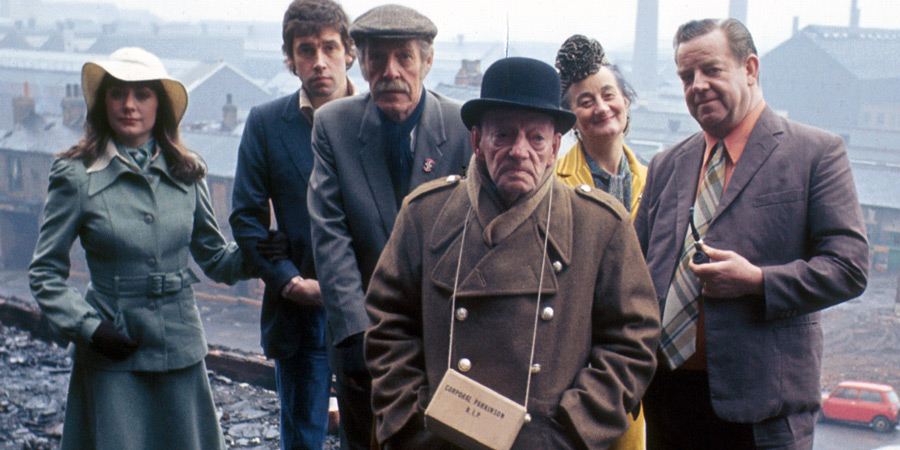
Talking of which, it's been revealed today that Anita Carey died a few weeks ago.
Quote: Aaron @ 7th August 2023, 8:19 PMTalking of which, it's been revealed today that Anita Carey died a few weeks ago.
I remember her also as Thelma's sister in Whatever Happened to the Likely Lads.
And, while we're on the subject of the Two Leslies (as we were three posts up), this time it's the other half of the partnership, Leslie Holmes, singing:
Ain't it Good to be Bloomin' Well Dead from 1932: www.youtube.com/watch?v=HbdmeY2s3ik

Nothing much changes though.
Performers and comedians are banned from theatres because of their lewd or unsuitable content.
Marie Lloyd often suffered the same fate because of her risqué and double-entendre songs.
'A little bit of what you fancy does you good' hinted at husbands and wives taking separate holidays to have sex with other partners.
This in the 1890s - shocking.
Quote: Stephen Goodlad @ 9th August 2023, 7:52 AMNothing much changes though.
Performers and comedians are banned from theatres because of their lewd or unsuitable content.
Which, of course, leads us neatly to Max Miller:
http://www.youtube.com/watch?v=hK_ievEfQDI
http://www.youtube.com/watch?v=kHrM4ozQdAQ
Still well remembered in his native Brighton:
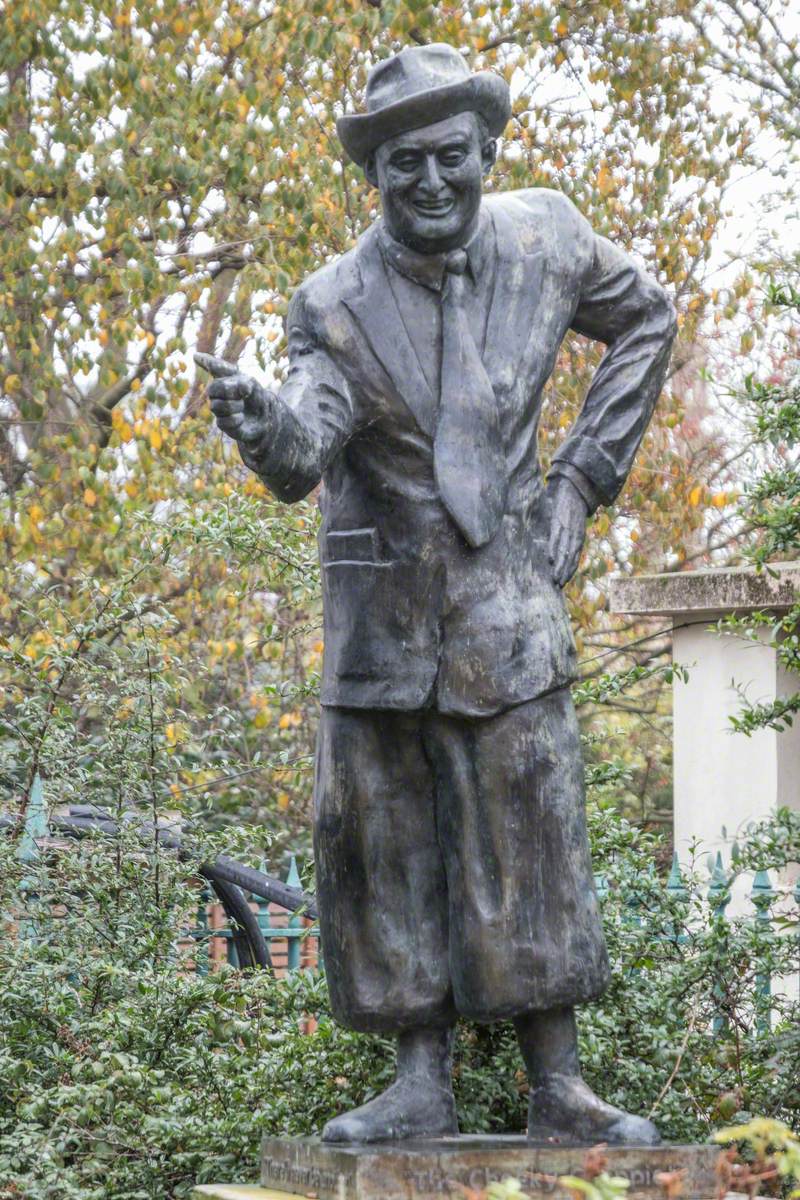
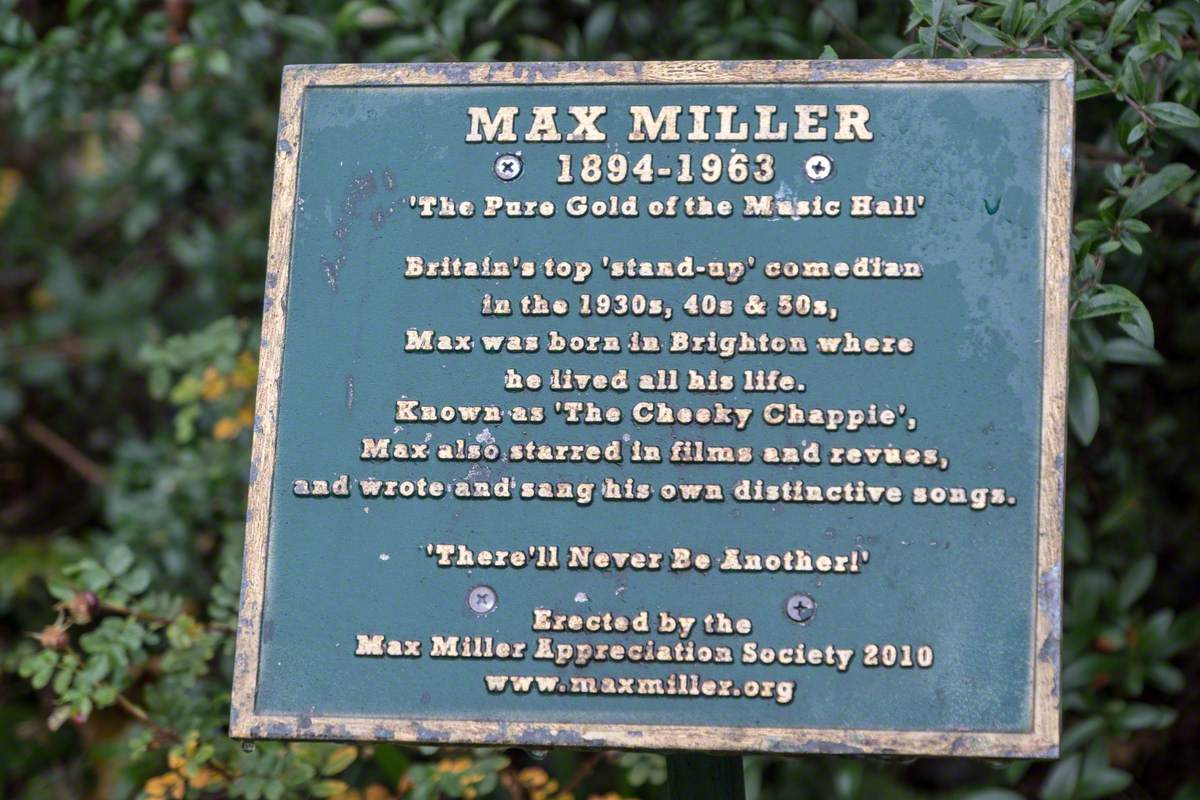
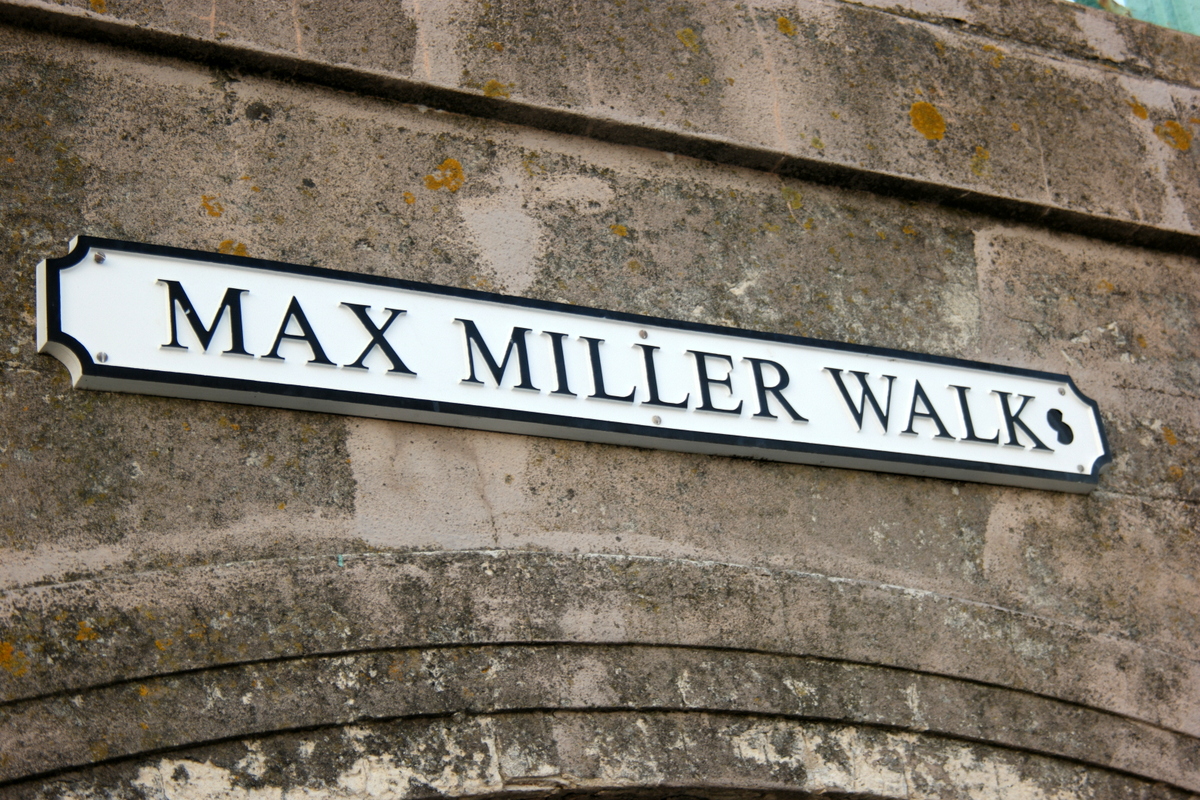
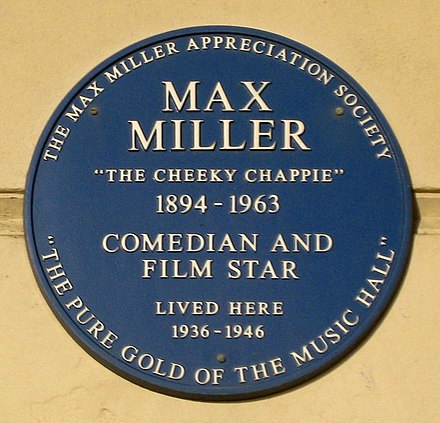

There'll never be another.
While most of the war-themed songs of 1939-45 concentrated on relaying either a sense of sentimentality or a feeling of patriotism, Spike Jones & His City Slickers, known for their parodies of popular songs of the day (such as Cocktails for Two and You Always Hurt the One You Love), in 1942, took aim instead at the Horst Wessel Lied, the national anthem of the Nazi Party. Replacing the military marching rhythm of the original with fast-paced, irreverent oom-pahs, the ridicule continues when each shout of 'heil' is accompanied by a loud Raspberry.
www.youtube.com/watch?v=nkEZTt_h8mE
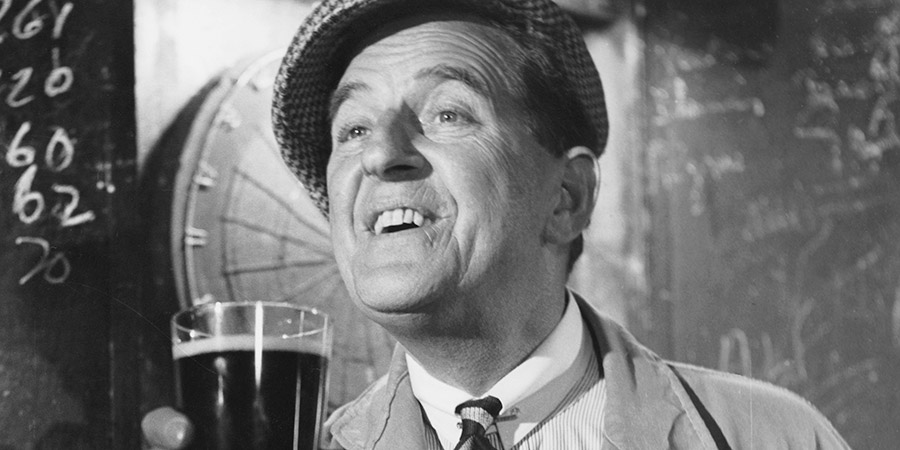
As well as appearing in numerous stage shows and films, including many Ealing Studio films and, latterly My Fair Lady, Stanley Holloway was of course, a comedian, a narrator of monologues and a singer. A full biography can be found elsewhere on this site: http://www.comedy.co.uk/people/stanley_holloway/features/biography/
It may additionally be of interest to the fans of 1970s sitcoms that frequent these forums that, when he relinquished his role of Alfred P Doolittle in the stage show of My Fair Lady, a role he subsequently reprised in the film, he was replaced by James Hayter, Mr Tebbs of Are You Being Served (who, incidentally, was the voice of Mr Kipling in those famous cake ads back in the day).
His most famous monologue is probably Sam, Pick up tha' Musket but equally entertaining, is The Lion and Albert, written, as many of Holloway's monologues were, by the Scottish poet Marriott Edgar:
www.youtube.com/watch?v=oaw-savyK0s
While one of the more enduring songs associated with him over the years is The Dark Girl Dressed in Blue, about the London International Exhibition held in South Kensington in 1862 and first performed by its writer, Harry Clifton, in that year but which has had many re-arrangements and re-recordings over the years:
